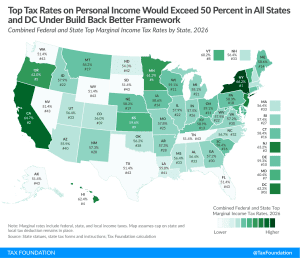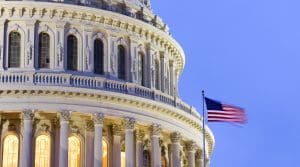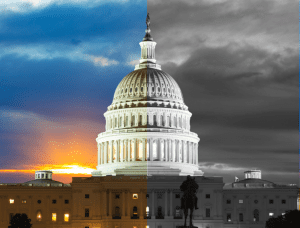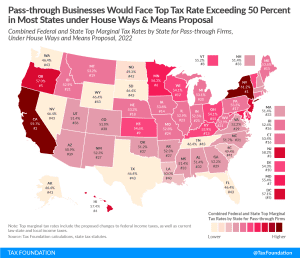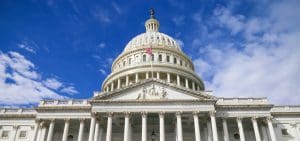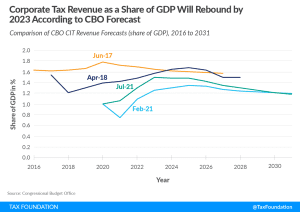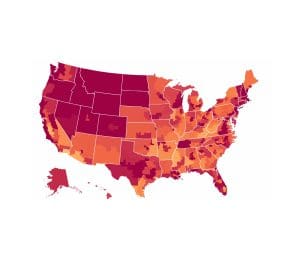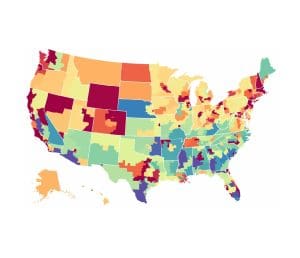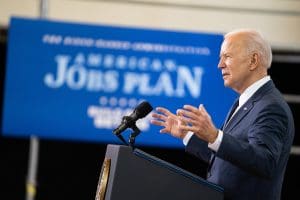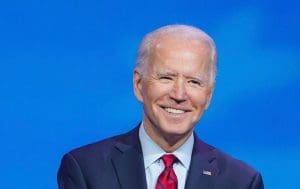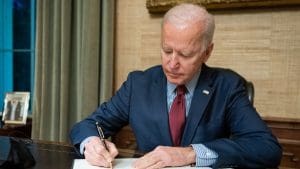Dr. William McBride is the Chief Economist & Stephen J. Entin Fellow in Economics at the Tax Foundation, where he oversees major research projects primarily related to reforming the federal tax code, advancing sound tax policy, and improving the federal government’s fiscal outlook.
Dr. McBride has more than ten years of experience analyzing a variety of economic and policy issues. At the Tax Foundation he has served as the Vice President of Federal Tax Policy, leading our efforts to research, model, and reform the U.S. tax code, and as Chief Economist, researching the economics of taxation and guiding the development of the Tax Foundation dynamic scoring model. From 2015 to 2020 he was a manager in the National Economic and Statistics (NES) group at PwC where he worked on a wide array of projects including economic impact analyses, industry surveys, U.S. federal and state tax revenue estimates, and issues related to tax reform at the state, federal, and international levels.
Dr. McBride holds a PhD in economics from George Mason University, where he specialized in macroeconomics and agent-based modeling. His research has been cited by policymakers, quoted by major media outlets, including The Wall Street Journal and The New York Times, and published in scholarly journals, such as the National Tax Journal, Public Budgeting & Finance, and Tax Notes.

